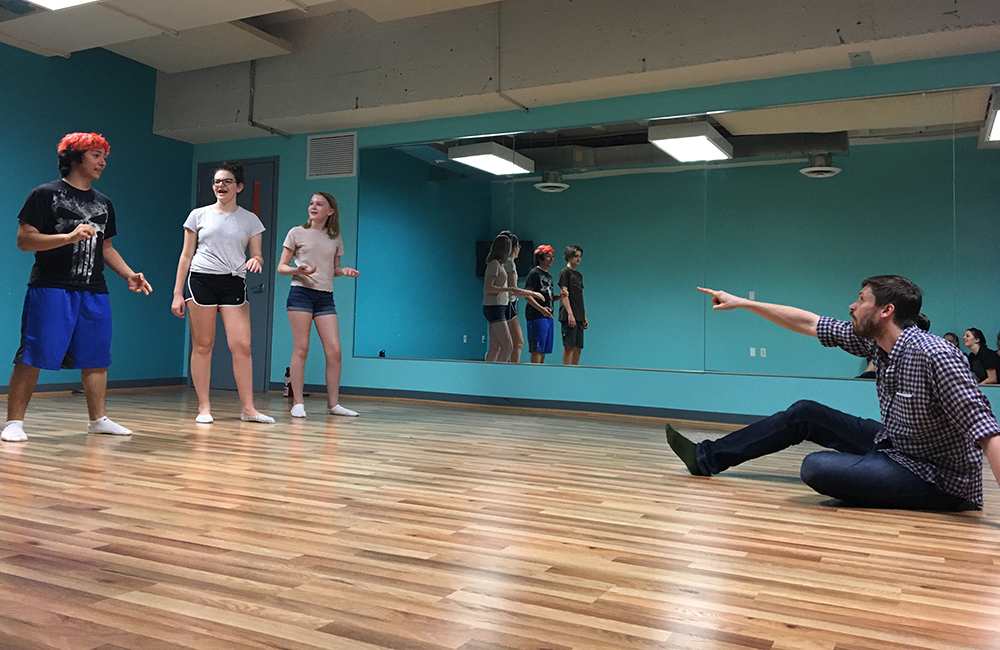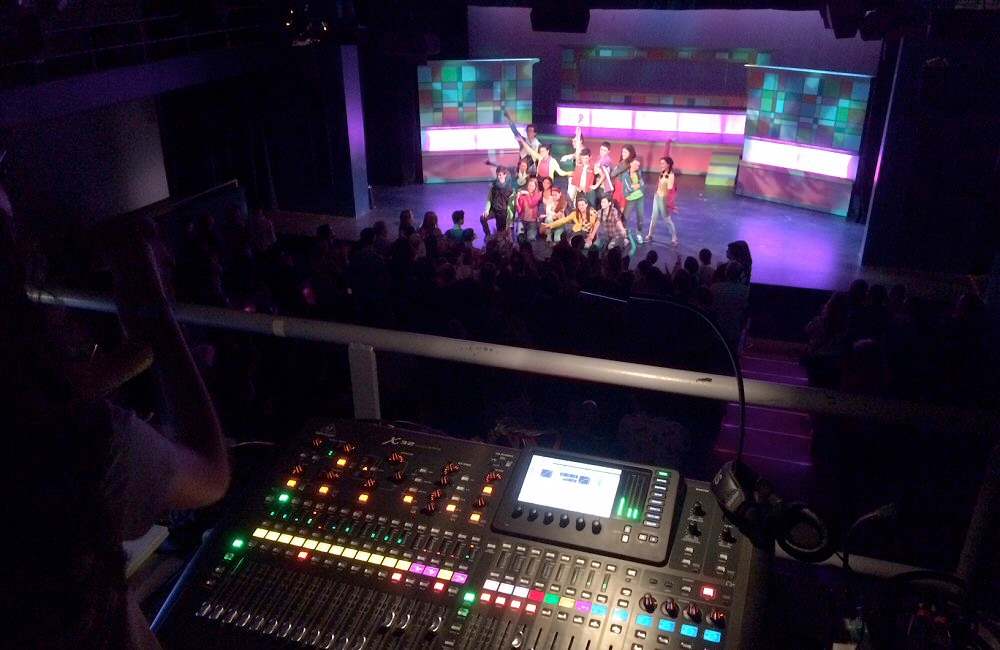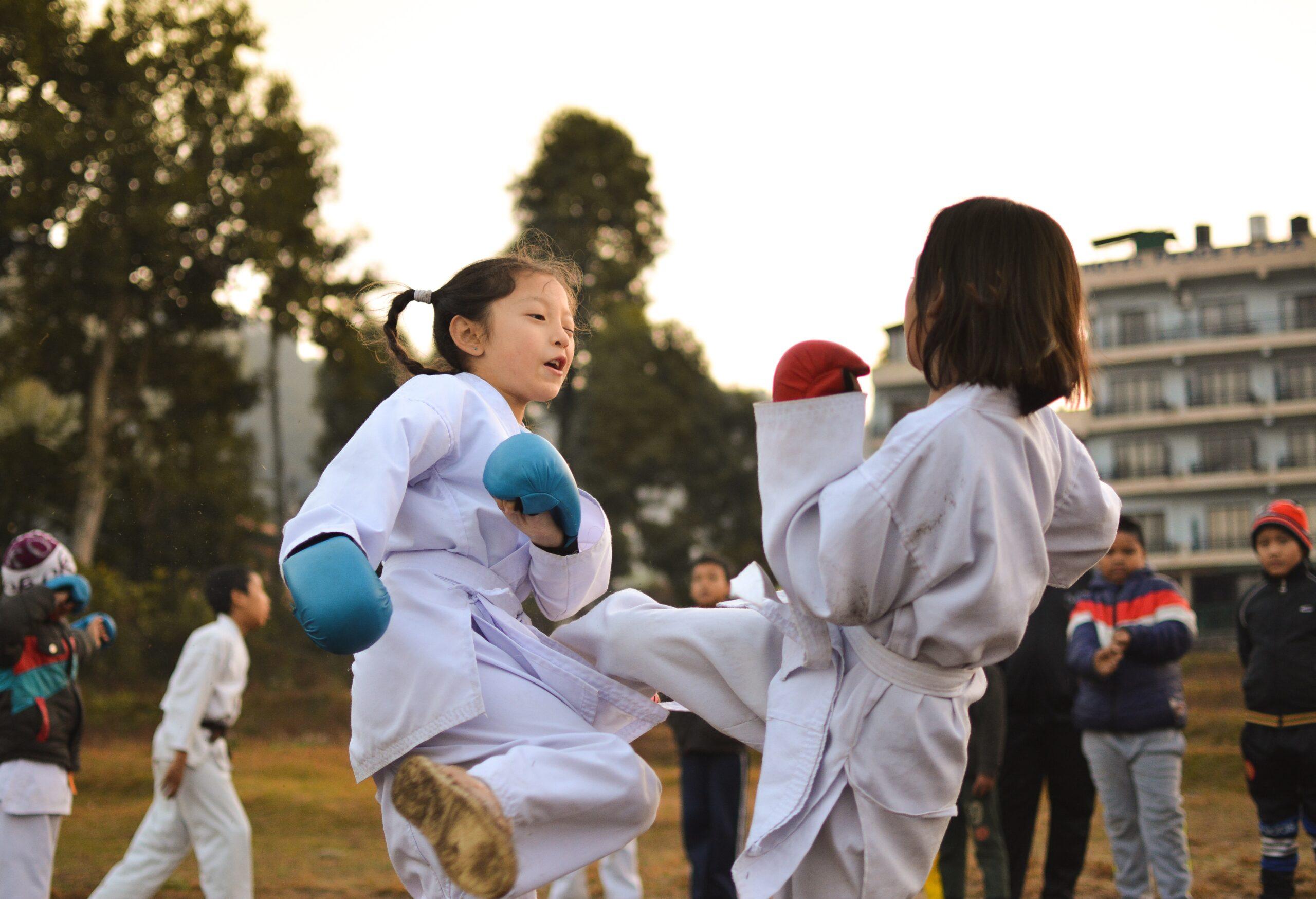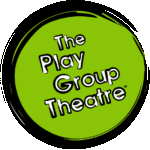As parents, our main goal is to set our children up for a successful future and ensure they enjoy their present. We want to make sure they spend their time developing skills essential for their future success. Therefore, when choosing extracurricular or summer activities, it’s crucial to consider which skills are most important for our kids to develop and which activities will best nurture these skills.
It is impossible to know just what field our children will make their way into. Ultimately (and luckily), however, it doesn’t really matter! Across every industry, the most important skills for any worker to have are what are referred to as “soft skills.” These skills aren’t job-specific, rather, they are skills that make a good employee and co-worker.
An article in The Washington Post, “The surprising thing Google learned about its employees — and what it means for today’s students,” explains, “among the eight most important qualities of Google’s top employees, STEM expertise comes in dead last. The seven top characteristics of success at Google are all soft skills: being a good coach; communicating and listening well; possessing insights into others (including others different values and points of view); having empathy toward and being supportive of one’s colleagues; being a good critical thinker and problem solver; and being able to make connections across complex ideas.”
How can kids best learn these crucial soft skills of team work, communication, empathy, problem solving, and creative thinking? They can study theater! The performing arts are proven to be a catalyst for the development of these specific skills. Theater has kids working together as a cast (team work), in front of an audience (communication), while embodying a character (empathy), and dealing in the moment with all the mishaps that arise during live performances (problem solving and creative thinking). Theater education is built to foster the soft skills needed for success in the workforce.
White Plains based youth theater organization The Play Group Theatre (PGT) develops their year-round programming with the express purpose of teaching “not just theater skills, but human skills,” says Artistic Director Jill Abusch. With a diverse array of programs, PGT makes theater education accessible to every child.
“Some kids are bold, some tentative. Each can benefit from the creative and collaborative world of theater. We make sure to provide different on-ramps into the craft for different types of students,” Abusch says.
PGT’s summer camp alone consists of programs focusing on everything from theater design to musical theater to screenwriting. In addition to its main focus, each program includes a rotating selection of classes, introducing students to every aspect of the performing arts – and every soft skill that comes with it. PGT Camp has in depth theatre education, plus spontaneous, creative, and goofy activities. The buzzing building is full of kids of all ages, and all kinds, as the structure of camp is intentionally built to provide the crucial benefits of studying theatre to any kid – whether or not they naturally gravitate to the performing arts.
“We have a widespread offering of programs, and kids can come to camp for anywhere from one to four weeks. With this structure, we hope to make theatre accessible to kids with all kinds of temperaments – and all kinds of schedules. At PGT Camp, students who may want to stay behind the scenes in our Design/Tech program still develop the communication and empathy skills learned more explicitly in acting classes, our Playwriting students can learn the quick problem solving skills that come with studying improvisational theater, and all of our students can learn fundamental skills of learning, curiosity, and comfortability with newness and the unknown,” says Hannah Stephens, PGT’s Programs Director.
If you walk into a day at Camp PGT looking for the development of those crucial soft skills – collaboration, communication, empathy, problem solving and creative thinking – you will see it everywhere you look!
Promoting Collaboration
During a rehearsal in the bright, open lobby, the Teen Co students are hard at work. They have been tasked with developing, writing, and composing their own short original musical… all together! They learned how to brainstorm as a team – lifting up others’ ideas, being unafraid to share an idea, being open to new possibilities, but being able to make final decisions – and have come up with a show concept that they all love… a furniture store at night, and all the characters are pieces of furniture.
They took the concept and worked together to solidify it into a plot outline populated by fleshed out characters – like the old clearance couch, who is mourning his “wife,” a matching armchair, who has been sold. Now, they are spread throughout the lobby, working in teams to write the show! Groups of students huddle around notebooks, pencils flying as they develop the scenes. At the piano, a group of students is working on the opening number. Lyric ideas are bravely tossed around… “at night we come alive and sing!” And when the team discovers a perfect rhyme… “and we wouldn’t change a thing…” a chorus of yeses and cheers and woos echo throughout the space.
Promoting Communication
You walk from the lobby into the next room, the Jonah Mac Theatre – a cozy, colorful small theatre space. Up on the stage are the Improv students, trying out a new improv game. Though the game is new, the core improv principles they learned are masterfully applied. They listen to what their scene partner offers them, they say “yes, and…” before building on whatever their scene partner gives!

They develop new characters, new circumstances, and new jokes all in the moment, and all by figuring it out together. By listening, responding, and delivering that give and take to the audience. The staff member sitting in the audience laughs. So do the kids.
Promoting Empathy
You head up the stairs to the Green Studio, where the Young Actors Ensemble is in Song Study class. Each student has been assigned a part of a solo song to study, learn, and then perform. This time, the kids are studying songs from the show “13 The Musical.” The YAE students are learning that people, and characters, have wants and needs – “objectives” – and that the things they say and do are connected to those wants and needs.
The kids read the lyrics in front of them carefully, consider the context of the song, and think deeply about their own experiences (whether similar or wildly different) to imagine what their character’s core want or need could be. They figure out that “mean girl” Lucy is singing this song to get the audience on her side… and that changes everything! Suddenly, instead of performing the song like a stereotypical mean girl, they approach each line of their song differently, connecting words to actions and feelings, bringing a complete character to life.
Promoting Problem Solving and Creative Thinking
You walk across the hall to the Design Studio, where the PGT Kids director is telling the Design/Tech students that what the PGT Kids absolutely need for their show… is a giant monster on stage. The D/T kids jump into action, brainstorming ways to make this a reality. They try to figure out which of the design areas, materials, and skills they just learned about will help them in this task. They determine… a mix of all of them!
A team works on what fabric and costuming options will bring this creature to life. Another team works on designing and carving a monstrous face out of foam. Another team works on the mechanics of a giant monster – how to keep a big foam face aloft, balanced, and maneuverable. The D/T take every tiny detail of what they’ve learned so far, then use those lessons in new, creative ways. They figure out how to balance aesthetics and practicality to tell the story that needs to be told.

Next year at Camp PGT, a brand new program is set to launch! A program exploring movement, dance, and circus – including using silks, an aerial circus apparatus – will join the two-week-long program options. As well as making Camp PGT and theatre education accessible to yet another population of students, this new program will emphasize one of PGT’s favorite soft skills to foster – bravery.
Kids who study theater become adults who are leaders in their fields, able to communicate clearly and confidently, to collaborate, to create, innovate, and improvise. The soft skills developed through arts education are crucial to a child’s future success. Programs like the ones at The Play Group Theatre can provide our children with all the tools that they will need to succeed in the future.



